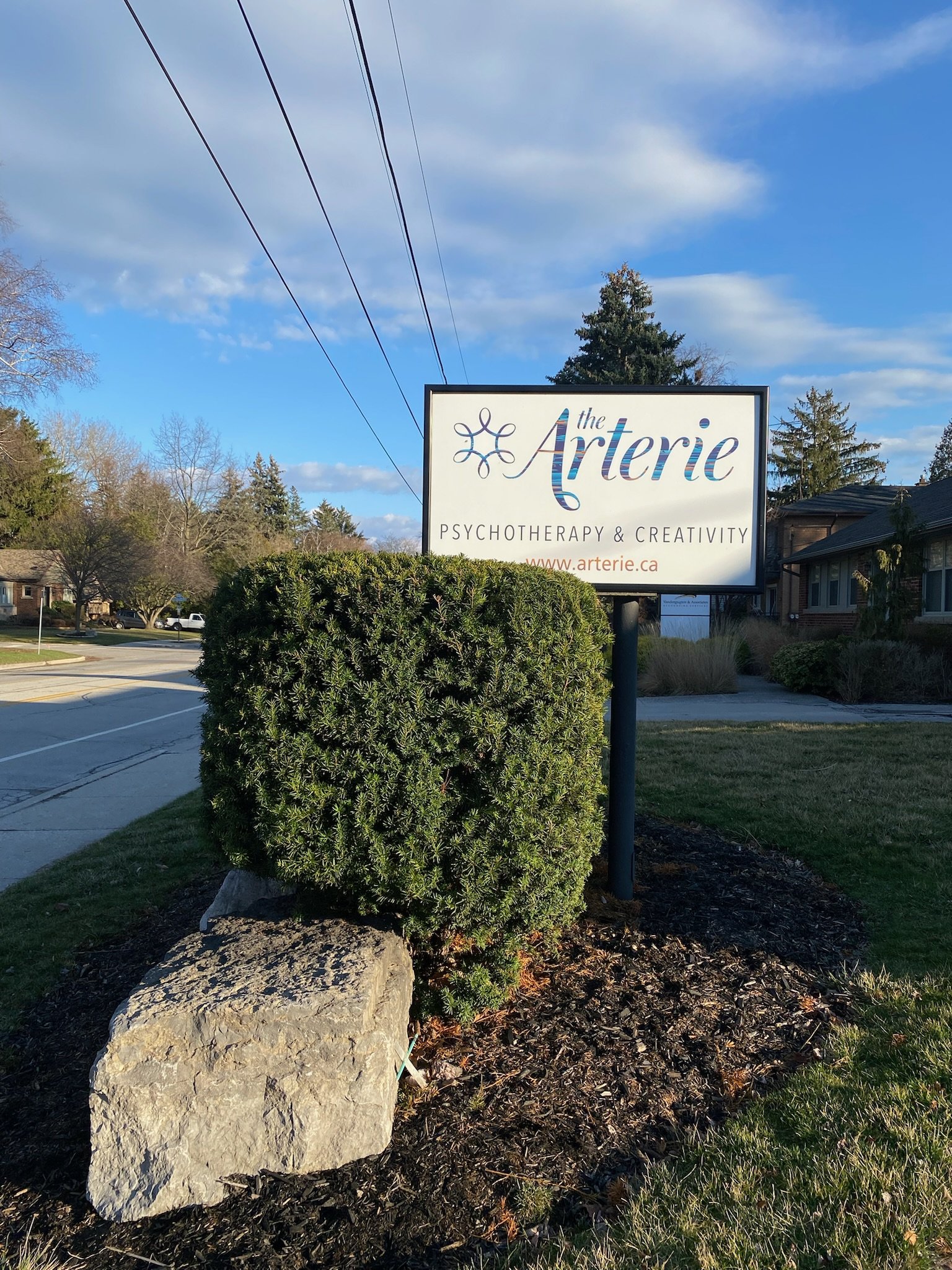
FAQs & fill-in request form
-
Thank you for your interest in our work, firstly. If you were referred to be seen by a specific therapist in our practice, check whether this therapist is accepting new clients, and contact the therapist directly.
To request the earliest availability for any of the in-house Arterie therapists, please fill out the request below.
We hate to make people wait, so when none of our therapists have availability in the short term, we kindly refer clients to inquire with other allied therapists in the community. (link to come of our recommendations) -
Therapists offer in-person consultation and always the option of teleconference/distance sessions. Adult therapies are often hybrid, open to the client’s preference.
Child therapy, as well as couple therapies, generally are in-person.
Family members who bring a child for therapy can make themselves comfortable in the Arterie waiting room. -
Each practitioner sets their own fees. Fees begin around $150 per session and up.
Psychotherapy is newly declared as a tax-exempt service when delivered by psychotherapists, by recently passed provincial legislation (Bill 61). Removal of HST charges from psychotherapy took place in June 2024. -
Psychotherapy is covered by OHIP when delivered to you by a medical doctor (M.D.). Our sole MD Psychotherapist, Dr. Elizabeth Ames, only has capacity to take referrals from her longstanding professional network, thus OHIP covered psychotherapy is not available for self-referral at the Arterie.
However, many health benefit packages cover psychotherapy services. Check whether your provider offers coverage for Registered Psychotherapy (RP). Please note that RP is distinct from either Psychology or Social Work.
If covered by a benefit plan, the client first pays and then processes the receipt for reimbursement from the insurer.
Health Canada covers the cost of mental health services for indigenous citizens as well as veterans. Both Sarah and Claudia are enlisted with the NIHB program.
Many other clients choose to pay ‘out-of-pocket.’ In such cases, be aware that psychotherapy is a medical expense and can be claimed on personal income tax returns. -
No, however, fee flexibility can be discussed with your therapist if needed and under special circumstances.
-
No. Diagnosis is a controlled act that only Psychologists and Medical Doctors can perform. Our comprehensive assessments are meant to identify the purpose of treatment. We look at symptoms, issues, and needs clients may have in order to tailor the treatment to each client and define the goals of therapy.
-
The goal of therapy is to resolve symptoms of psychological distress. First, the therapist will assess your concerns, in order to formulate the underlying dynamics of the problem, and design a treatment plan.
When working with children, this beginning phase takes about 6 sessions. It starts with a parent(s) interview, followed by 4 sessions with the child, and concludes with a feedback session with the parent(s). With adults, assessment and the design of a treatment plan can take 2 to 4 sessions.
Treatment duration, frequency, and recommendations are discussed at the end of the assessment phase and then ongoingly.
Longer-term psychotherapy uses weekly or biweekly sessions to work through and resolve symptoms. This can take up to a year. Some therapies are longer, because additional goals have been added following initial progress.
It’s time.
Arterie therapists meet on alternate Mondays to assign new requests to therapists with matching availability & specialty.




